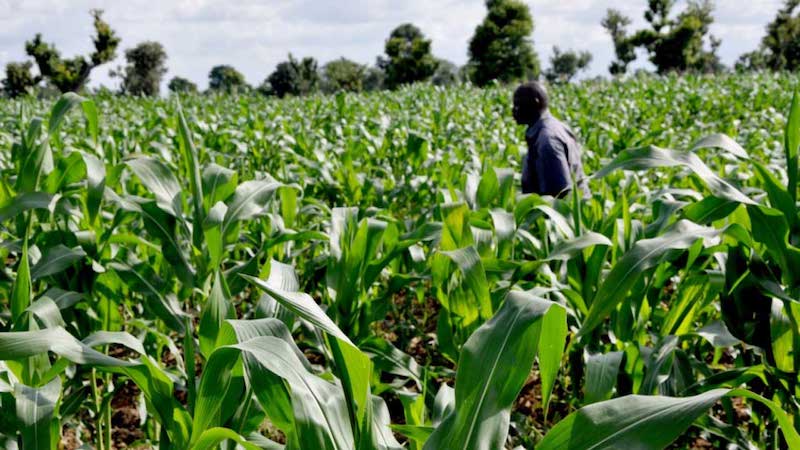Stakeholders in Nigeria’s agribusiness and food systems have called for deeper integration between agriculture, industry, and markets to strengthen value chains, enhance food security, and accelerate sustainable economic growth.
The call was made at the American Business Council (ABC) forum themed “Galvanising Transformation: Integrating Agriculture, Industry, and Markets for Sustainable Growth,” held Thursday in Lagos.
Mr. Foluso Alabi, Country Team Lead for Nigeria and sub-Saharan Africa at the U.S. Soybean Export Council (USSEC), said sustained focus on both food and nutrition security was essential for improving health, productivity, and economic outcomes.
He noted that while food security ensures availability, nutrition security focuses on the quality of nutrients consumed — a critical area where Nigeria still faces a wide protein gap.
Through initiatives such as the Right to Protein campaign, Alabi said USSEC was working to raise awareness, influence policy, and expand access to protein-rich foods.
“A 10 per cent increase in food availability could lift GDP by up to two per cent while reducing poverty and inequality,” he said, adding that USSEC’s Nigeria: NOW Forum would continue to drive investment and innovation across the food and nutrition value chain.
Mr. Macdonald Ukah, Lead for Economic Intelligence at Flour Mills of Nigeria (FMN) Plc, emphasised that linking agriculture to industrial processing and markets was key to unlocking value, improving productivity, and building food resilience.
Ukah noted that agriculture contributed about 28 per cent to Nigeria’s real GDP in 2024, providing livelihoods for millions, particularly smallholder farmers.
He said transforming the sector must begin with boosting smallholder productivity through industrialising key value chains such as maize, soybean, and cassava.
Citing maize as an example, Ukah observed that Nigeria’s current yield of two tonnes per hectare is less than half the global average. “Doubling yields to four tonnes without expanding farmland could meet domestic demand and even create export surpluses under AfCFTA,” he said.
He called for investment in improved seeds, fertilisers, mechanisation, and research, alongside well-trained extension workers to promote modern agronomic practices.
Ukah further urged the government to implement targeted policies that promote agro-processing through fiscal incentives, low-cost financing, and the establishment of Special Agro-Industrial Processing Zones (SAPZs).
He identified the lack of storage infrastructure and weak commodity exchange systems as major constraints. “Nigeria produces about 30–33 million metric tonnes of grains annually but has storage capacity for only 1.5 million tonnes,” he said.
Ukah also proposed the creation of a national food systems data dashboard and an early warning mechanism to support evidence-based decision-making.
Reaffirming FMN’s commitment to resilient value chains and sustainable growth, he said agriculture-led industrialisation remained central to Nigeria’s long-term development.
Mrs. Nneka Enwereji, President of ABC, described the dialogue as timely, stressing that Nigeria stood at an inflection point with vast agricultural potential, a growing industrial base, and one of Africa’s largest consumer markets.
“The real opportunity lies in how effectively we connect these elements to achieve transformation. When agriculture, industry, and markets move in alignment, growth becomes not just possible — but transformative,” she said.





